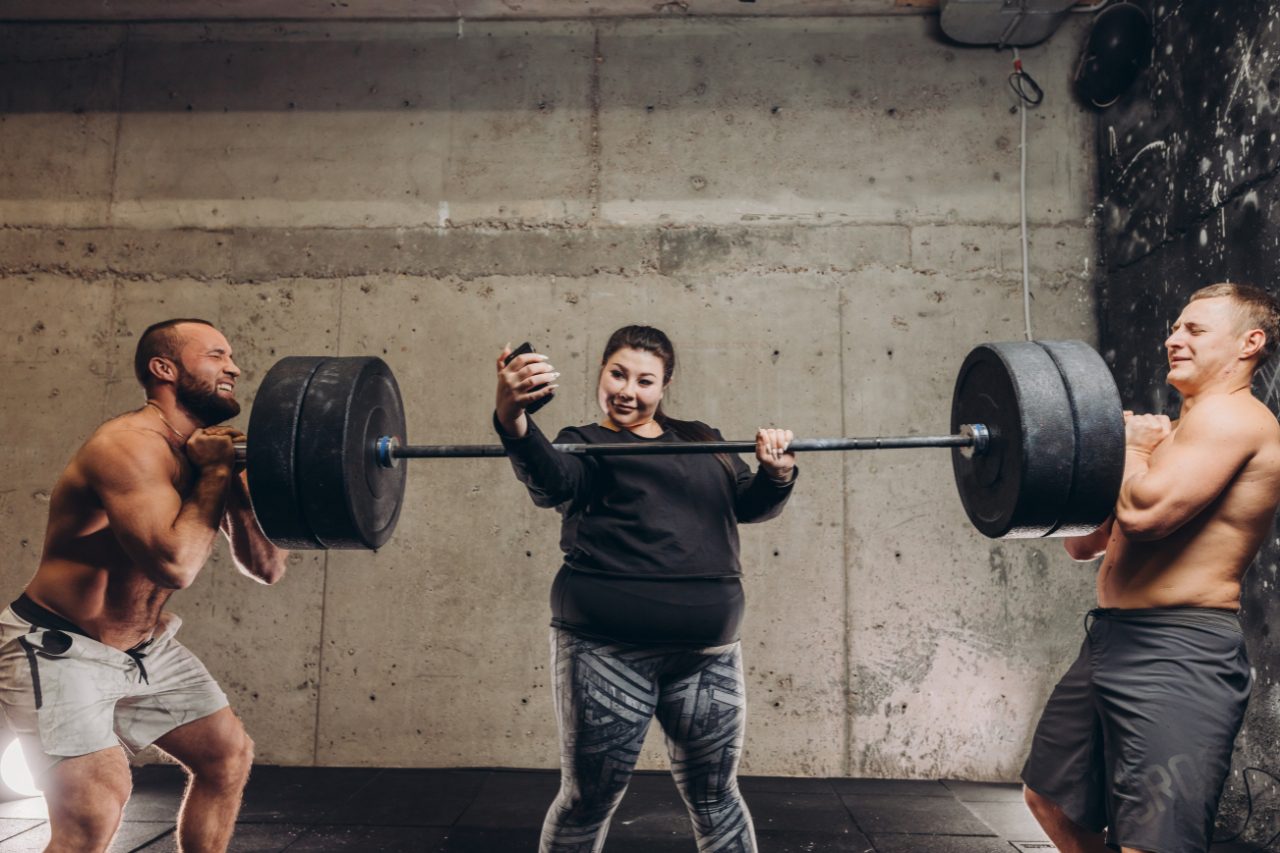

Testosterone is a key hormone in men’s health, playing vital roles in various bodily functions. When testosterone levels drop too low, it can lead to a range of health issues, particularly affecting sexual health. Understanding the symptoms of low testosterone is crucial for early diagnosis and effective treatment.

Testosterone is a key hormone that plays a vital role in male health. It helps develop and maintain male characteristics, including muscle mass, bone density, and sexual function. Low testosterone can lead to serious health issues, including erectile dysfunction and reduced libido.
Normal testosterone levels typically range from 300 to 1,000 nanograms per deciliter (ng/dL) of blood. Levels can vary based on age, time of day, and individual health. Here’s a quick overview:
| Age Group | Normal Range (ng/dL) |
|---|---|
| 20-30 years | 300 – 1,000 |
| 30-40 years | 300 – 950 |
| 40-50 years | 300 – 900 |
| 50+ years | 300 – 800 |
Several factors can influence testosterone levels, including:
Understanding testosterone is crucial for maintaining overall health. Regular check-ups can help monitor levels and address any concerns early on.
Low testosterone can lead to various health issues in men. Here are some common symptoms:
Testosterone is crucial for building muscle. When levels drop, men may notice a significant loss of muscle mass. However, the strength of the muscles might not decrease as much.
Low testosterone can weaken bones, making them more likely to break. This is because testosterone helps maintain bone strength and volume.
A noticeable drop in interest in sex can occur with low testosterone. While some decrease in libido is normal with age, a significant reduction may indicate a hormonal issue.
Men with low testosterone often experience mood swings, irritability, and even depression. This can affect daily life and relationships.
Here’s a quick list of symptoms associated with low testosterone:
Low testosterone can significantly impact a man’s quality of life, affecting both physical and emotional health.
| Symptom | Description |
|---|---|
| Reduced Muscle Mass | Loss of muscle strength and size |
| Decreased Bone Density | Increased risk of fractures |
| Low Sex Drive | Noticeable drop in sexual interest |
| Mood Changes | Increased irritability and depressive feelings |
As men age, their testosterone levels naturally decrease. This decline can start as early as the late 30s and continues with age. Older men are more likely to experience low testosterone levels.
Several medical issues can lead to low testosterone, including:
Certain lifestyle choices can also affect testosterone levels. These include:
Maintaining a healthy lifestyle is crucial for keeping testosterone levels in check.
Understanding these causes and risk factors can help in recognizing and addressing low testosterone levels effectively.
To find out if someone has low testosterone, doctors usually start with a physical exam. They will ask about:
Blood tests are often needed to check testosterone levels. The most common test is a total testosterone level blood test. This test is usually done in the morning when testosterone levels are highest.
Test results are measured in nanograms per deciliter (ng/dL). According to the American Urological Association, low testosterone is considered to be less than 300 ng/dL. However, some experts believe that levels below 250 ng/dL are also low. Doctors will look at both the test results and the symptoms to make a diagnosis.
If you notice symptoms like low sex drive, mood changes, or fatigue, it’s important to see a doctor. Sometimes, low testosterone doesn’t show any symptoms, and people only find out during routine check-ups. Getting tested early can help manage any issues effectively.

Testosterone replacement therapy is the main way to treat low testosterone, also known as male hypogonadism. This therapy can help raise testosterone levels and ease symptoms like low energy and reduced sex drive. Here are some common forms of testosterone replacement:
In addition to medical treatments, there are natural methods to help increase testosterone levels:
While testosterone replacement can be beneficial, it may also come with side effects:
Regular check-ups with your healthcare provider are important to monitor your health while on testosterone therapy. Discuss any concerns or side effects you experience.
Low testosterone can lead to erectile dysfunction, making it hard to get or keep an erection. This happens because testosterone helps produce nitric oxide, which is essential for erections. If testosterone levels are low, it can be more difficult to achieve this. Other factors that can also cause erectile dysfunction include:
Low testosterone can also affect fertility. It helps in the production of semen, which is crucial for sperm movement. When testosterone levels drop, the amount of semen may decrease, leading to potential fertility problems. This can be a significant concern for men trying to conceive.
A decrease in testosterone often results in a lower sex drive. While aging naturally reduces libido, low testosterone can cause a more noticeable drop. Factors contributing to low sex drive include:
Low testosterone can significantly impact a man’s sexual health, affecting everything from erections to desire. Understanding these effects is crucial for seeking help and treatment.
Eating a balanced diet is crucial for maintaining healthy testosterone levels. A nutritious diet can help boost testosterone production. Here are some key points to consider:
Regular physical activity is essential for overall health and can also help prevent low testosterone. Engaging in both aerobic and strength training exercises can be beneficial. Here are some tips:
Certain lifestyle choices can lead to lower testosterone levels. To help prevent this, consider the following:
Maintaining a healthy lifestyle is key to preventing low testosterone levels. Simple changes can make a big difference in your overall health and well-being.
In summary, testosterone plays a vital role in men’s sexual health. Low testosterone can lead to various issues, including reduced sex drive, erectile dysfunction, and mood changes. Recognizing the signs of low testosterone is essential for seeking help. Many men may experience these symptoms as they age, but treatment options are available. By understanding the impact of testosterone, men can take steps to improve their health and well-being.
Testosterone is a hormone that helps with many things in men’s health, like building muscles, keeping bones strong, and influencing mood.
Signs include less muscle mass, lower sex drive, mood swings, and trouble sleeping.
Causes can include aging, certain health issues, and lifestyle choices like poor diet and lack of exercise.
Low testosterone can lead to problems like erectile dysfunction and a decreased desire for sex.
Doctors can diagnose it through blood tests that check testosterone levels.
Treatments may include testosterone replacement therapy and lifestyle changes like diet and exercise.

Monday - Thursday 7 AM - 5 PM PST
admin@selfstalker.com support@selfstalker.com